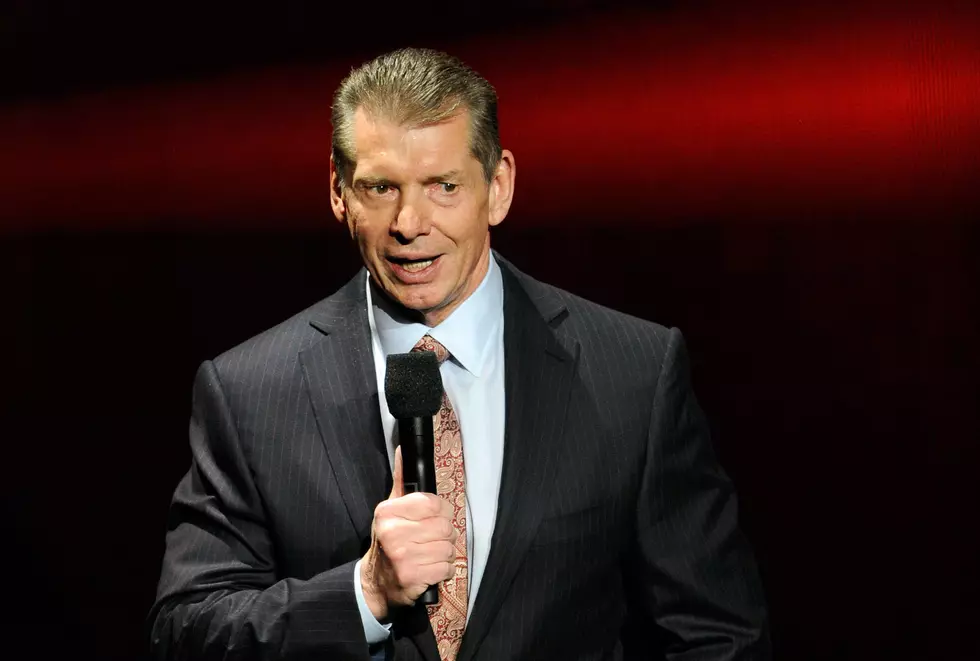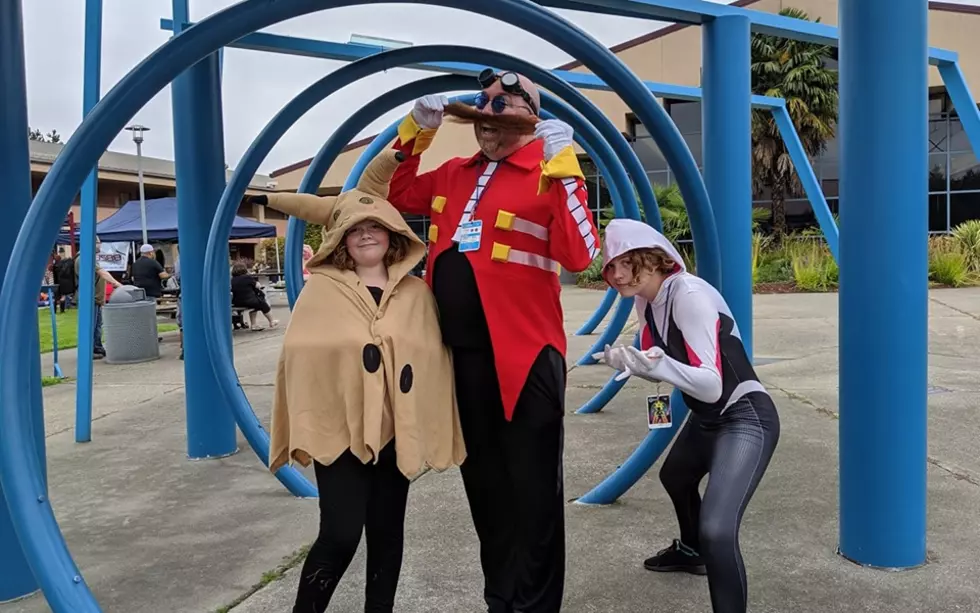WWE’s Triple H Is the Metal Ambassador of the Decade – Interview
We’re concluding our ‘Best of the 2010s’ coverage with legendary wrestler and NXT founder Paul ‘Triple H’ Levesque. Throughout the decade, Triple H and his NXT team elevated up-and-coming metal acts more than any other mainstream outlet, and for that service to the underground, Triple H is Loudwire’s pick for the Metal Ambassador of the 2010s.
The rise of NXT was meteoric throughout the 2010s, shifting from a quirky reality game show to WWE’s developmental system. Once NXT established its new identity in 2012, it quickly became WWE’s underground brand, appealing heavily to pro wrestling purists and counterculture enthusiasts.
“We had the idea of taking young, up-and-coming bands and giving them this platform that didn’t necessarily exist."
“RAW and Smackdown are pop music. They’re the most popular, the most commonplace, the casual fan is gonna come listen to it and see it. I knew that to be the alternative, we needed to be something different,” Triple H explains. “To create that aggression and that intensity, you need to create something that has that same vibe, and that’s where the music came in. Immediately, the music connection, to me, was to go down the harder and heavier road.”
“We had the idea of taking young, up-and-coming bands — just like up-and-coming wrestlers — and giving them this platform that didn’t necessarily exist. They weren’t getting on the Tonight Show or these other platforms … I feel like there’s this massive resurgence of rock and metal and whatever you want to call it. Obviously, [Motorhead's] Lem [Kilmister] was a big fan, so it’s just rock ’n’ roll, right? But I love it.”
Once NXT began shooting Takeover specials, they began picking themes for the events, just like classic WWE pay-per-views. Thanks to the NXT Loud team, bands like Power Trip, Alien Weaponry, Motionless in White, Fever 333, Cane Hill and others began receiving heavy rotation on the WWE Network, as did one of Triple H’s favorite young acts, Code Orange.
Code Orange became the first band to perform live during an NXT Takeover, opening the event before playing Aleister Black to the ring. NXT gave the hardcore favorites an opportunity to destroy an arena full of fans, and Code Orange rose to the occasion.
“When [Aleister] did that live with [Code Orange] playing and that energy they brought to it, it puts him on a whole ‘nother level of stardom,” Triple H raves. “As much as it helped them, they helped put him over the top as a performer.”
As NXT became a global brand and began airing weekly on the USA Network, Triple H continued to elevate new bands, notably inviting Poppy to play out Io Sharai. It was another perfect marriage of talents, giving the rub to both performers through an explosive collaboration.
“When they first sent me the Poppy thing, I think there was a little disclaimer on there: ‘This one’s a bit different, but it’s crazy and cool.’ I loved it. It’s so unique and different,” the NXT head recalls. “The Poppy thing was perfect with the sweet, syrupy pop tune that blows up into this ultra aggressive, violent song.”
After sharing his love for Lzzy Hale and discussing how Slipknot’s “All Out Life” became the official NXT theme, Triple H spoke about the challenges of maintaining NXT’s underground, subcultural feel now that it’s officially WWE’s third televised brand.
“How do you go from underground to, ‘We just signed with a big label, we’re the biggest act in the world and we’re doing stadiums. How do we stay true to who we are?’” the 14-time champion contemplates. “Keeping that youthful rebellion and ‘don’t tell me how to be’ — that’s really what this is about. It’s anti.”
Check out our full conversation with Triple H in the video above and be sure to watch NXT every Wednesday on the USA Network. For the rest of Loudwire's 'Best of the 2010s' coverage, click here.
The 66 Best Metal Albums of the Decade: 2010 - 2019
More From 97.1 KXRX










